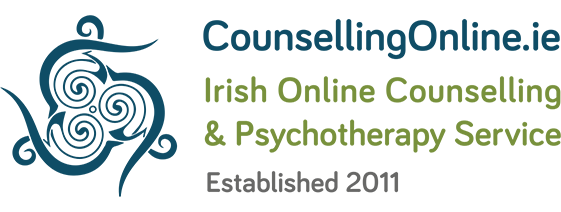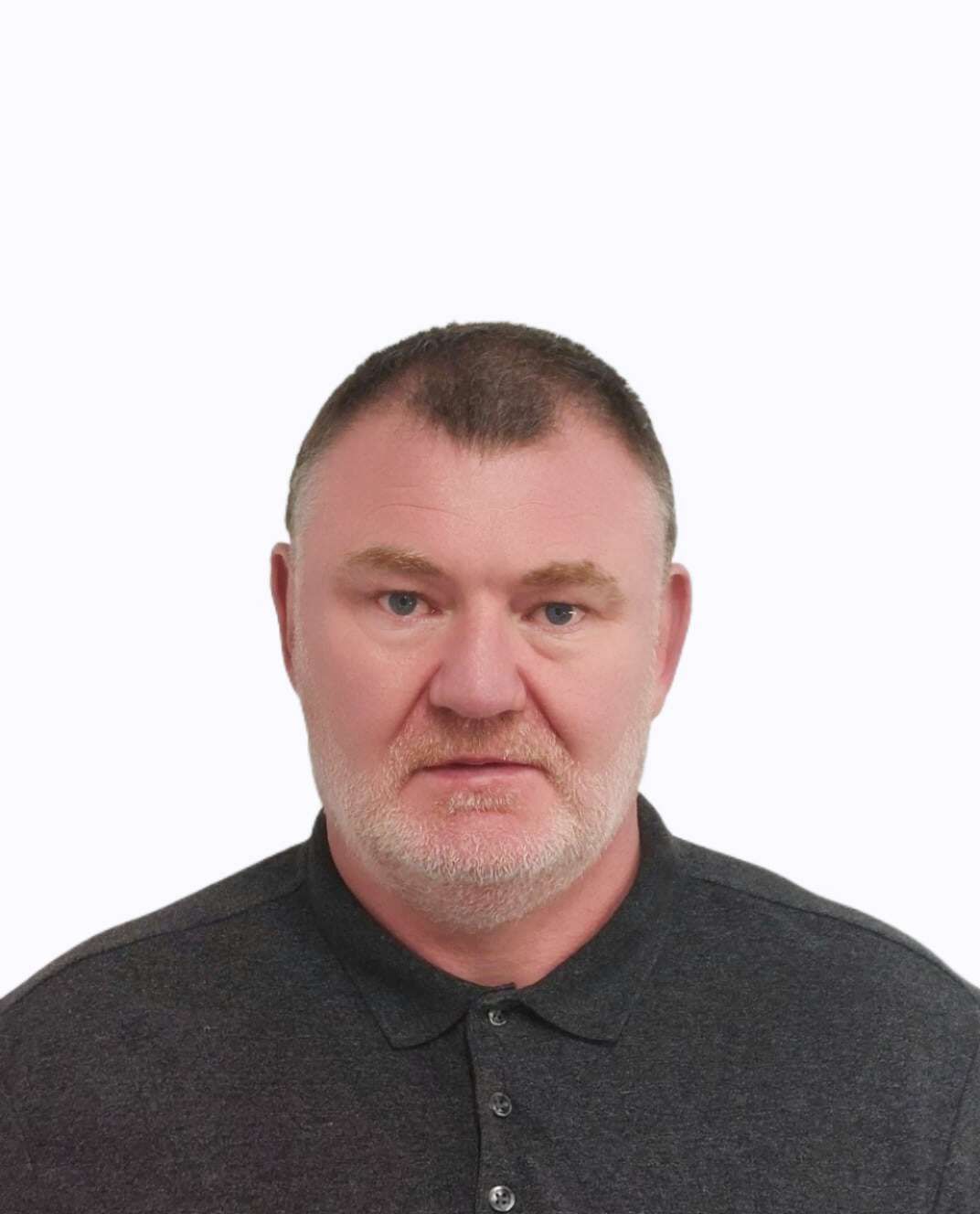Patrick is a practising therapist and mental health nurse since 1999. He works for the HSE and is a fully accredited member of the Irish Association for Counselling & Psychotherapy (IACP) with a private practice. Patrick has Diploma in Psychiatric Nursing (UCC), Higher Diploma in Acute & Enduring Mental Issues (UCC), Diploma in Integrative Humanistic Counselling (Cork Counselling Centre), Critical Incident Stress Management Officer (University of Maryland & HSE).
He runs mental health workshops on all aspects of mental health and is an accredited suicide prevention trainer with QPR Institute. He runs suicide prevention workshops all over Cork City & County.
He helped establish a local suicide prevention charity six years ago and it continues to grow every year by helping people in mental health crisis.
As an integrative therapist he is able to draw upon his knowledge and skills from various counselling approaches, in order to provide the most effective and personalised therapy for your needs, depending on individual circumstances.
Holding in mind that the counselling sessions are for you, Patrick maintains an open minded, non-judgemental, respectful and collaborative approach. The main aim is that you do not have to face your difficulties alone and Patrick will work with you at the pace and depth that is appropriate for you so that you can work through the challenges you are experiencing, in order to feel more empowered within yourself and your life.
His work is underpinned with the belief and experience that we all have the capacity to be in control of ourselves and our choices. Patrick will work with you to understand what is really affecting you in the here and now and importantly, look at how you can take back control and move forward.
Patrick has worked successfully with a diverse group of clients from many cultural and socio-economic backgrounds with a wide variety of issues.
Patrick works with all aspects of mental health and specialises in:
- Addiction (an urge to do something that is hard to control or stop).
- Anxiety (distress or uneasiness of mind caused by a fear of danger or misfortune).
- Depression ( a mood disorder that causes a persistent feeling of sadness and loss of interest).
- Loss/Bereavement (grief is a natural response to loss. It's the emotional suffering you feel when something or someone you love is taken away. Often, the pain of loss can feel overwhelming).
- Couples Therapy (counselling typically brings couples or partners together for joint therapy sessions. Working with a therapist, you'll learn skills to solidify your relationship, such as open communication and problem-solving).
- Self Esteem/Care (the term self-esteem is used to describe a person's overall sense of self-worth or personal value).
- Personal Development (consists of activities that develop a person's capabilities and potential, build human capital, facilitate employability, and enhance quality of life and the realisation of dreams and aspirations).
- Trauma (is an emotional response to a terrible event like an accident, rape or natural disaster. Immediately after the event, shock and denial are typical. Longer term reactions include unpredictable emotions, flashbacks, strained relationships and even physical symptoms like headaches or nausea).


